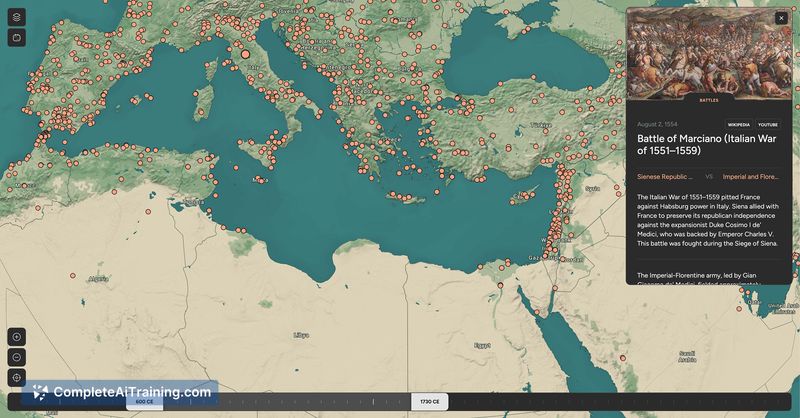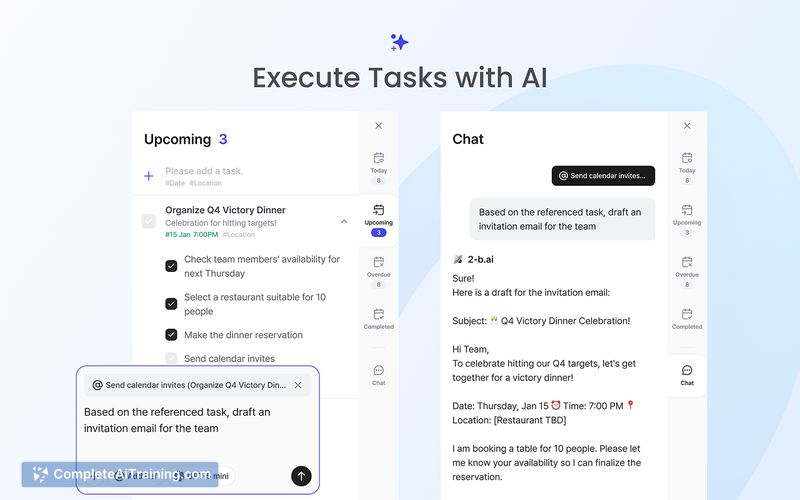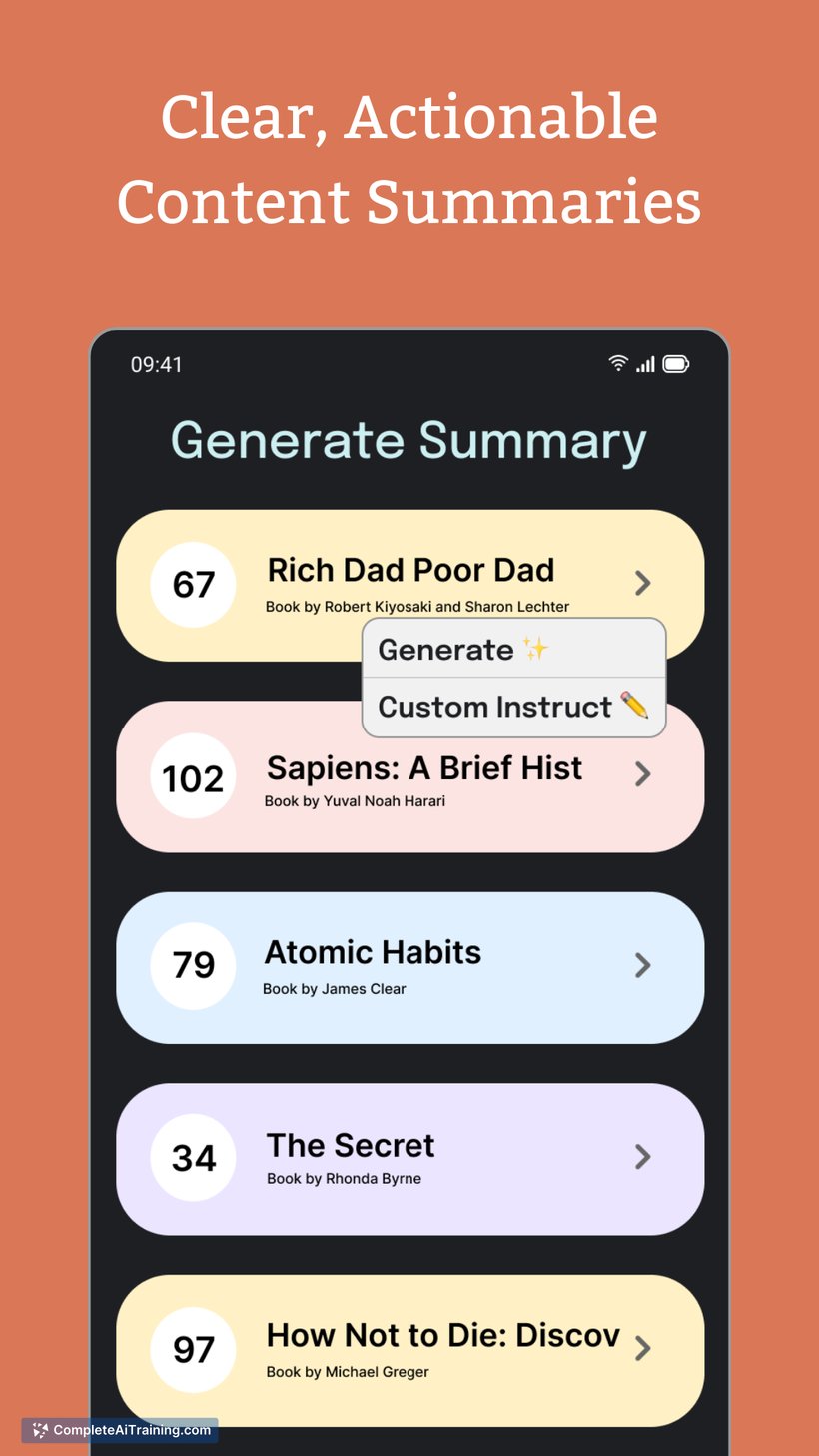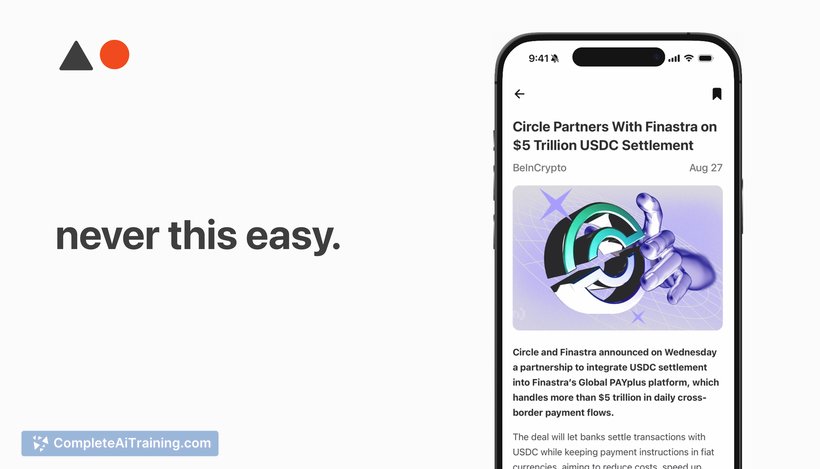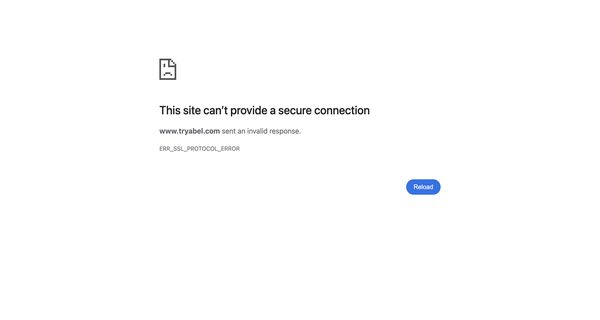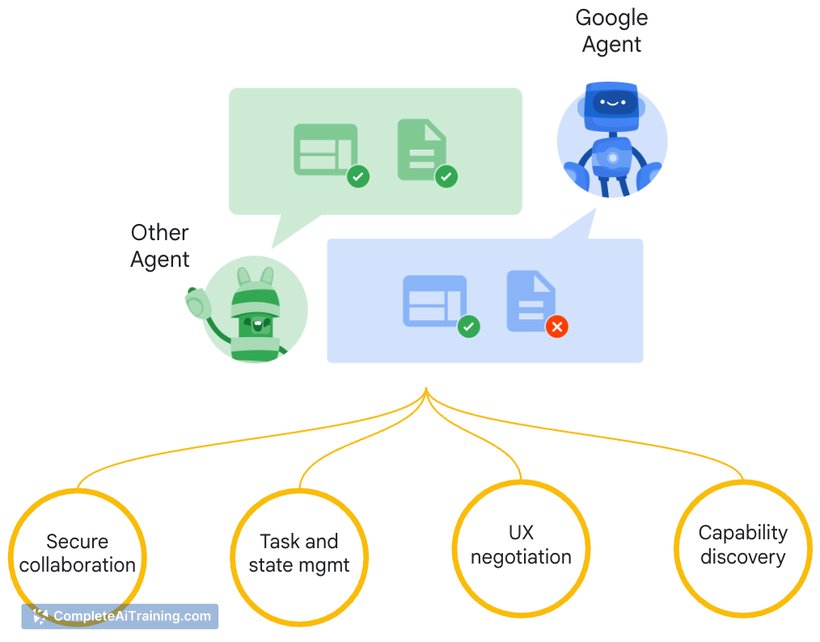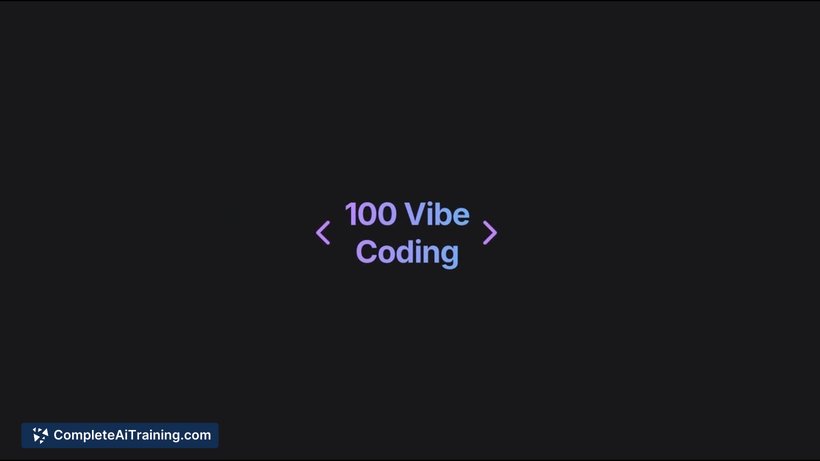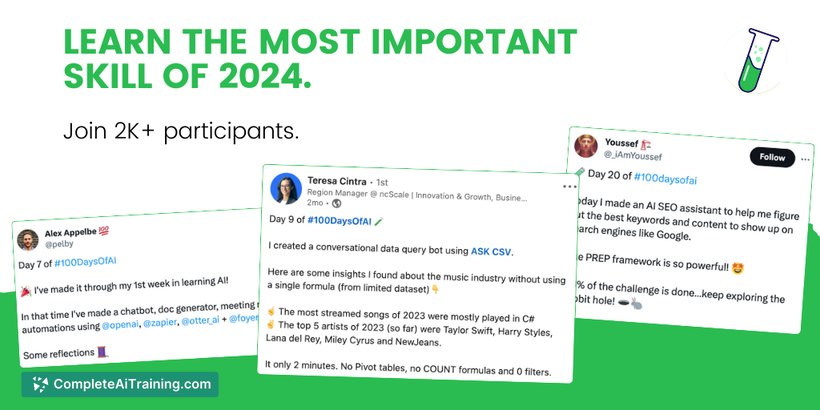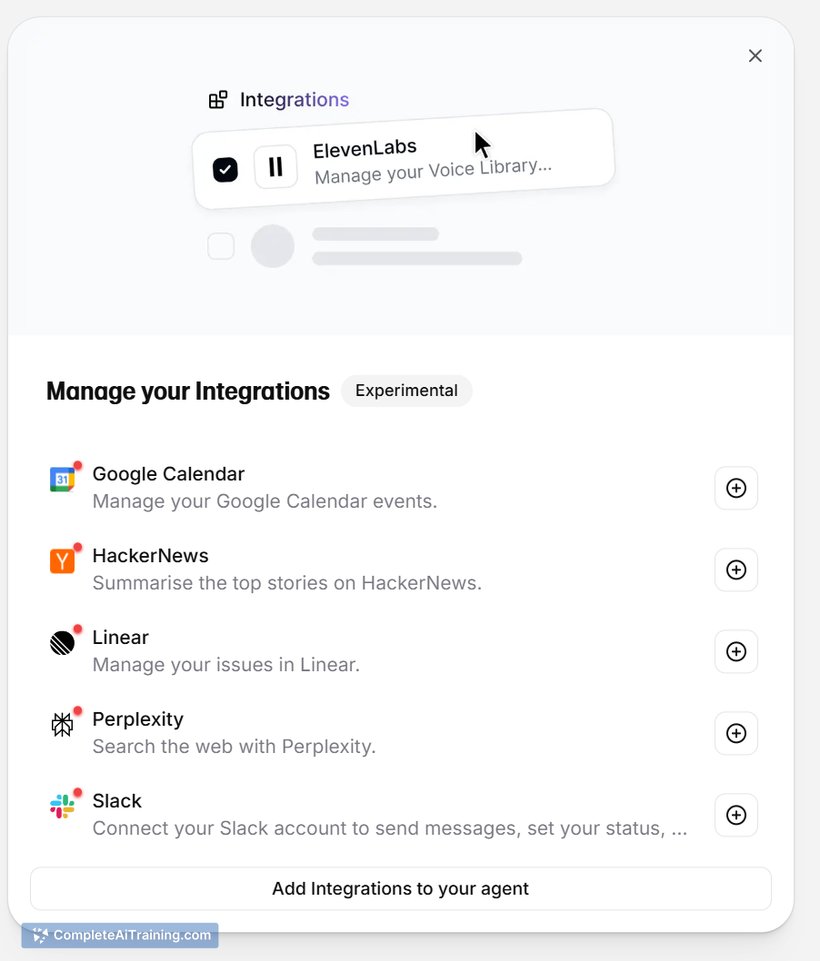About Globe of History
Globe of History is an interactive 3D globe that maps roughly 6,000 years of recorded events onto a searchable world map. Users can drag a timeline and apply filters by era and category to explore battles, philosophers, inventions, assassinations and more. The project runs on desktop only for now and compiles entries using a custom AI data factory to gather and check sources.
Review
Globe of History offers a visually engaging way to browse historical events across time and geography, making it easy to spot concentrations of recorded activity and follow thematic threads. The interface is straightforward and the timeline controls are responsive, though the dataset is still in beta and the coverage varies by region. For the moment the experience is limited to desktop, but the concept and tooling show clear potential for education and casual exploration.
Key Features
- Interactive 3D globe with draggable timeline to view events across time and place.
- Category filters (e.g., Battles & Wars, Philosophers, Inventions & Discoveries, Assassinations) to narrow results.
- Approximately 15,000 events sourced into the map, spanning about 6,000 years of recorded history.
- AI data pipeline that collects metadata from Wikipedia/Wikidata, generates narrative text, and runs automated verification with manual spot-checks.
- Desktop-only release with plans for community suggestion features in future updates.
Pricing and Value
The tool is available for free at launch. Its main value lies in providing a quick, visual supplement to traditional history resources-useful for classroom demonstrations, lesson planning, travel context, and informal research. Because the dataset is assembled from public sources and an AI-assisted workflow, users should treat entries as starting points and consult primary sources for detailed study.
Pros
- Clear, engaging visualization that links events to specific locations and dates.
- Flexible filtering and timeline controls make topical or chronological exploration simple.
- Large initial dataset that covers many eras and types of events.
- Transparent sourcing approach: metadata anchors come from Wikipedia/Wikidata and content is checked by an automated verifier plus spot-checks.
- Free to use at launch, lowering the barrier for educators and students.
Cons
- Desktop only for now, which limits access on mobile devices.
- No direct user uploads or edits yet; contributions are planned but not available at launch.
- Coverage is uneven-regions with richer written records appear denser, so the map reflects recorded history rather than a complete account of past events.
Overall, Globe of History is well suited for educators, students, history enthusiasts, and travelers who want spatial context for historical events or a visual aid for teaching. It works best as a starting point for exploration and classroom discussion rather than a definitive research source, especially while the dataset and contribution features continue to mature.
Open 'Globe of History' Website
Your membership also unlocks:

